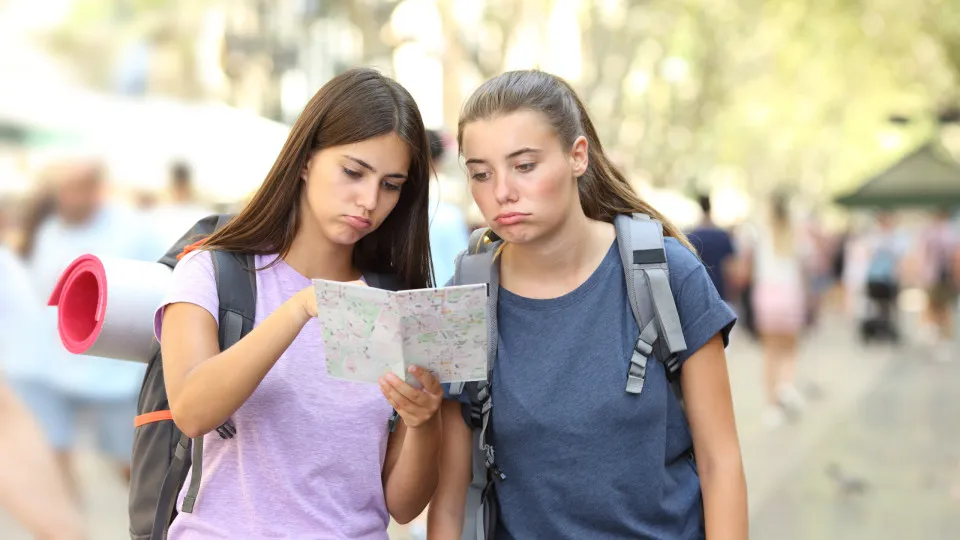In the Spring of 2024, protests began in Spain's Canary Islands, with residents calling for a temporary limit on tourism until legislation to tackle the negative effects of overtourism could be implemented. In July of the same year, Barcelona residents followed suit, with some protesters spraying tourists with water guns. But it's not just Spain that has an overtourism problem; it's happening in cities all over Europe. But what can you do to be a better tourist in the continent's most popular hotspots? This gallery is filled with tips and tricks. Click on to discover.



